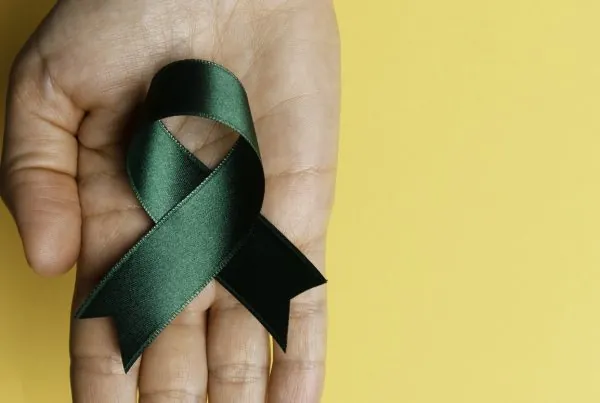As National Suicide Prevention Week continues, I realize we can’t let the week pass without talking about bullying. The recent documentary Bully deftly brought to light egregious bullying behavior, some of which led to suicide. The conversation continues, however. We are more aware now that the bullied child is suffering, often in silence, and often filled with shame and anger about why this is happening to them. They are always asking the eternal question, “Why me?” Unfortunately, there are still an alarming number of bullying incidents that go undetected, and there continues to be a systemic problem in the way we deal with the bullies themselves and the children being bullied.
Children who are bullied won’t typically tell anyone this is happening, typically feeling helpless in their endeavors to get help. From the bullied child’s perspective, there is an implication of great risk in asking for help. Experience has proven the bully makes sure they live in a state of fear of retaliation. This is particularly true when dealing with verbal bullying such as name calling, exclusion, ostracizing, rumors, racial, cultural, and sexual taunts. In these cases, proof is often difficult. This presents a catch-22 situation for parents, teachers, and administrators: it becomes one child’s word against another’s. As parents, we have to play the role of detective and suss out the situation, looking for key emotional and physical signs that our child is being bullied.
From Sheri Werner’s book In Safe Hands: Bullying Prevention and Compassion for All, she lists the following things to look for if we suspect bullying:
- Becoming moody or short tempered.
- Finding excuses for not wanting to go to school.
- Claiming physical illnesses such as stomachaches and headaches that may have, in fact, actually evolved into such physical symptoms.
- Returning to bedwetting.
- Beginning to have nightmares.
- Developing either a lack of appetite or increase of eating compulsively.
- Having difficulty concentrating.
- Deterioration in the quality of schoolwork.
- Having insomnia, anxiety.
- Starting to become quiet, withdrawn.
- Exhibiting physical signs like bruises, torn clothing, scrapes, and so on.
- Expressing sadness and/or violence in writing or drawings.
- Displaying unusual acting out behaviors.
Bullying doesn’t have to end in suicide. Suicide is never the answer. You are your child’s greatest advocate. You have a multitude of options:
- Individual counseling/therapy
- Group counseling/therapy
- Form your own support group
- Become informed.
- Go to the school: find out what they have in place for bullying prevention.
- If they don’t have anything in place, take steps to help develop a school anti-bullying policy.
I’ve seen this more times than I care to admit: a bullying situation resulting in the bullied child being punished and/or being told to “ignore” the bully or try to “make friends” with him/her. In truth, the child bullied needs support and compassion. But so does the bully. Yes, you read that right. The bully needs support and compassion as well, and more than likely an intervention of sorts. I truly believe that bullying is a symptom of a greater problem. What that problem may be isn’t an excuse for the negative behavior, but it still needs to be addressed.
There’s no doubt that it’s difficult to find compassion for a child who bullies, because their behavior is so hurtful and over the top, but suffering comes in all shapes and forms and it behooves us to take this into consideration. A kid who goes home to violence, neglect, etc., or who suffers from unaddressed mental illness or a learning disability, or who didn’t have sufficient emotional connection in their early years may not know how to handle problems that arise. From the perspective of the administration and teachers, this is really an opportunity (and challenge) to A: monitor the bully, and B: help redirect and reteach the bully to change their thinking and behavioral processes to fit into a healthier social model. For the bully, their saving grace might just be the school they are in, if that school has methods in place to help them. The key is not to give up on them; they, too, deserve a chance to recover and change.
There are resources out there! You are not alone in this, regardless if you are the parent of the bullied or the bully.
www.soulshoppe.com (elementary and middle school)
www.challengeday.org (high school)
Books to read:
The Mindful Child – Susan Keiser Greenland
In Safe Hands: Bullying Prevention With Compassion for All – Sheri Werner








